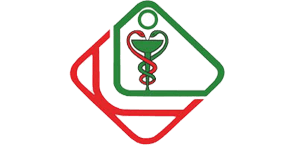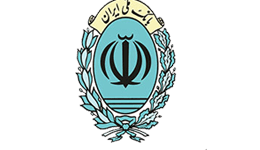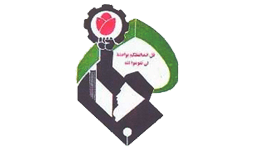Laparoscopy
Yazd Madar Gynecology and Obstetrics (OB / GYN) Single-Specialty Hospital
Guide to Laparoscopy
Nursing Instruction Unit of Madar Hospital
- Laparoscopy
Laparoscopy is a diagnostic and therapeutic method to examine the internal organs of the abdomen and pelvis. Laparoscope is a long, thin tube with a high resolution camera on the front. This device is inserted into the body through a small incision in the abdominal wall, and then the camera sends the taken images to a monitor. It can be explained that before inserting the laparoscope tube, the surgeon inserts a tube into the abdomen through a small incision, which fills the abdomen with carbon dioxide gas and allows the specialist to clearly see the organs inside the pelvis or abdomen and after the operation is finished, the gas is discharged and the instrument is removed, and the incisions are bandaged and stitched if necessary.
- Benefits of Laparoscopic surgery in patient with Infertility Problems
- Correcting some lesions, such as releasing adhesions around the tube and ovary
- Opening blocked pipes in cases with the ability to do this
- Destructing the endometriocsis points behind the uterus, ovary or peritoneum
- Ovariectomy, treating on ovarian cyst or Myomectomy, removing the small masses of myoma in certain conditions
Laparoscopy can be used for diagnosis, treatment or both, for example, in treatment cases such as Bysterectomy, Tubal Ligation, Ovariectomy and etc.
- Reasons for Diagnostic laparoscopy
1- Sudden Hip Pain
2- Idiopathic infertility
3- Pelvic Inflammatory Disease (PID)
- Time Set for Laparoscopy
When the patient is not menstruating, sometimes depending on the initial diagnosis, the specialist prescribes the patient medicine for one or a few months and surgery is suggested to the patient after the elapsed time.
- Cost of Laparoscopy
Cost of the operation depends on its type, condition of the patient and so on. This surgery includes insurance services.
The client can ask the accounting and discharge unit about the cost.
- Post-OP Laparoscopy Mild and some natural Complications
- Pain in the chest and shoulder due to the presence of gas in the abdomen (the same nerve vessels that reach the shoulders are also present in the diaphragm, and this gas stimulates the diaphragm). This pain will go away with time.
- Throat tightness and harshness of the voice in cases where a breathing tube is used during general anesthesia and a few hours after the surgery, it gets relatively better by drinking warm liquids.
- Feeling of frequent and urgent need to urinate due to gas pressure inside the abdomen, which also resolves after a short period of time.
- Abdominal pains like menstrual ones
- Muscle pains
- Sensitization of the navel and abdomen as well as bruising on the abdomen
It should be noted that most of these symptoms are mild and disappear within a day or two.
- Risks of laparoscopic Surgery
- Port site infection in laparoscopic surgery
- Injury to internal organs such as intentions or bladder
- bleeding from large vessels
- Complications of anesthesia
- By Seeing the following complications, go to the medical center as soon as possible:
- Severe abdominal pain
- Prolonged nausea and vomiting
- Fever, lethargy and shortness of breath
- Heavy bleeding from the operation site
- Severe pain during urination
- Edema of the lower limbs
- Pre-OP Guidelines
- Before the surgery, no water or food should be eaten for about 12 hours.
- Bathing the night before the surgery
- In the case of previous underlying diseases or medicines that the patient is taking, the nurse must inform the ward and if the patient is allergic to the medicine or food, report it.
- Post-OP Guidelines
- Patient should rest for 2 to 4 hours after the surgery to neutralize the effect of anesthetic drugs and resume her usual activities 2 to 3 days after the operation.( sports and hard works are postponed until 6 weeks after the surgery).
- Bathing 48 hours after laparoscopy
- Taking pain medicine, antibiotics or any type of medicine prescribed by the specialist depending on the type of diagnosis.
- Visiting again to get pathology test (a sample that is taken from the uterus or other organs, due to the specialist’s diagnosis during the operation and must be seen by the treating specialist.
- Nutritional needs after laparoscopy are usually the same as those of a healthy person. Protein-rich foods such as meat, eggs and so on should be used in meals, and fruits , vegetables and food containing fiber should be used daily to prevent constipation, also, for a few days after the surgery, the patient should limit the consumption of bloated and bulky foods like fried ones.
In general, in order to perform the laparoscopy surgery, eating any food is not prohibited.
 loading...
loading...![[company]](https://madarhospital.com//upload/logo-1575530599.jpg)



































